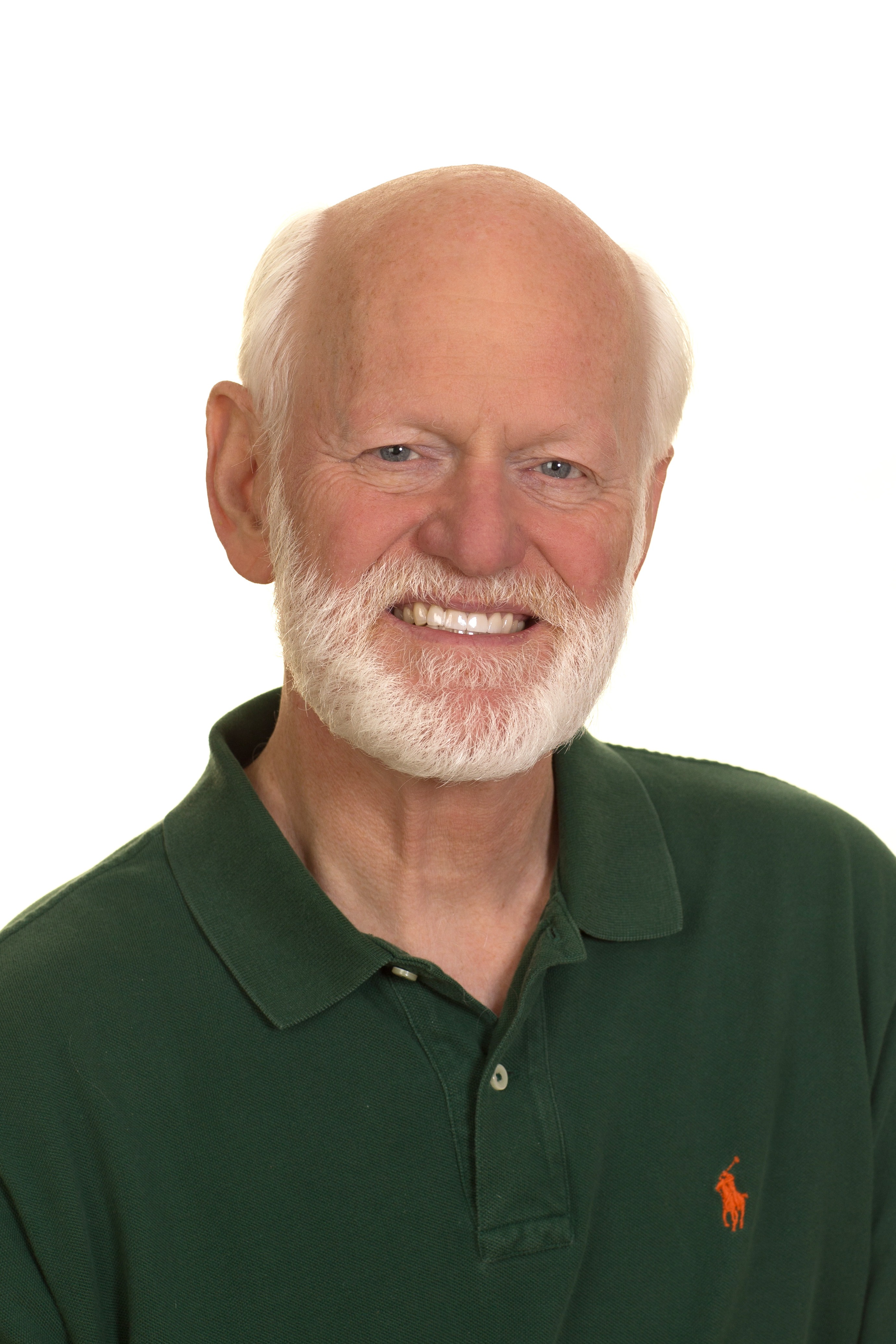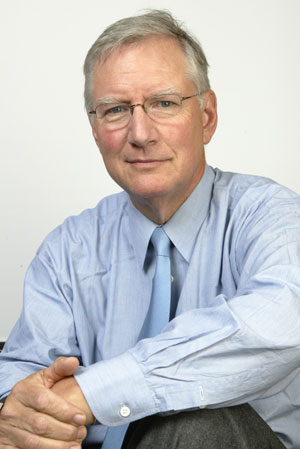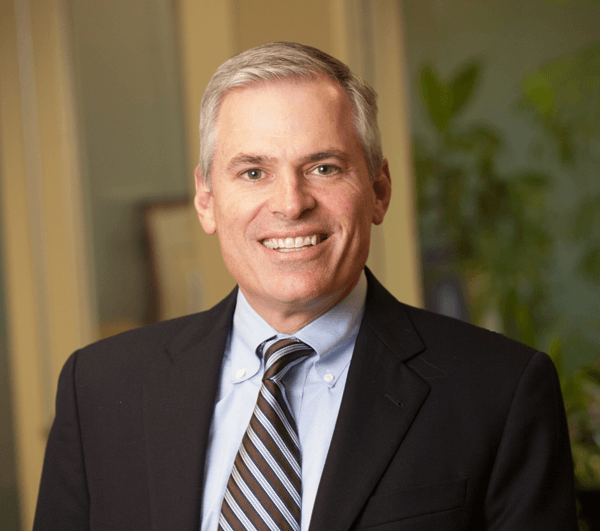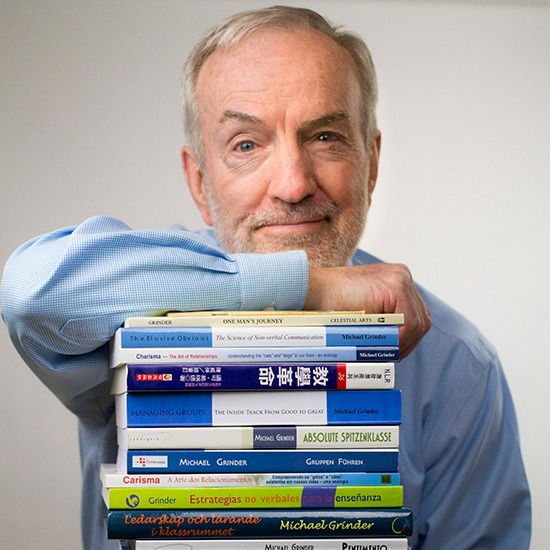At ExecuFeed we believe that being great at anything requires continuous lifelong learning. We follow many brilliant thought leaders, some who are famous and some who are not. The key piece is that they do excellent work and make a contribution to helping make leaders, organizations, employees and customers smarter, more effective, happier and more fulfilled. Our thought leaders come from a variety of fields including business, management, leadership, psychology, group dynamics, process consultation, human interaction, relationships and non-verbal communication. Below is a selection of our favorites. These people have made a significant contribution to forming and shaping the foundation of the work that ExecuFeed does. If people would commit to reading one book per month from an author like these listed below, imagine the increase in intelligence that can happen in just one year’s time!

Marshall Goldsmith – Executive Coaching
In the thick of the economic downturn a few years ago, I was on a webinar with an executive coach named Marshall Goldsmith. The one hour session was both enlightening and mesmerizing. At the end of the call the moderator asked Marshall a question. He said, “Marshall, you have been very successful in your career and are getting near the age where you could retire if you wanted to. Who is going to become the next Marshall Goldsmith?” Marshall answered, “I don’t know, but if you are out there on this call, send me an e-mail.” A few days later I wrote Marshall and said that I wanted to be the next Marshall Goldsmith. From then on we built a relationship over time that has helped shape my career. I am trained in Marshall’s processes and find them to be extremely effective in developing effective leaders and leadership behavior.
Quotes:
“Help More, Judge Less”

Tom Peters – Business Excellence
My foray down the career path of leadership development and organizational behavior single-handedly came from Tom Peters! His work in the early 1980’s around business excellence was the trigger for me to move in this direction. His best-selling books In Search Of Excellence with Bob Waterman and A Passion For Excellence with Nancy Austin are must reads, even today, almost 40 years later. I first met Tom at a presentation he was giving in the mid-1980’s in Portland, Oregon. As I finished my degree in business I attempted to seek employment at his company in Palo Alto, California. I had a telephone interview with Jim Kouzes (The Leadership Challenge) and made friends with people that worked for Tom, but didn’t secure a job. I didn’t give up and still am loyal to Tom and his work. My passion for his message burns even stronger today. I had the pleasure of getting to introduce Tom to the audience at Linkage, Inc. GILD (Global Institute for Leadership Development) in Palm Desert, California in October of 2012. Tom is active on Twitter @tom_peters and he released his latest book The Excellence Dividend in April of 2018.
Quotes
(link to quotes page)

Patrick Lencioni – Organizational Health
Pat has developed many theories around leadership, teamwork, employee engagement and organizational health. His approach is practical, fast and non-touchy feely. Pat’s ideas help leaders and organizations to face issues like conflict and friction, head on. Organizational health is about identifying and removing bottlenecks and organizational dysfunction and replacing them with more functional processes. He has written 11 best-selling books on these topics. They include The Advantage, The Five Dysfunctions of a Team and Death By Meeting. His ideas are straight forward, easy to implement and make a significant impact on how your organization runs and how its culture evolves.
I just returned from The first first Un Conference in Dallas, Texas (January 16-18, 2019) Two jam-packed days of great learning and stories from people Like Alan Mulally, the rock star CEO who brought the Ford Motor Company out of near bankruptcy into profitability, Gary Kelly and Elizabeth Bryant from Southwest Airlines, and top leadership from Chick-fil-A. These companies and leaders are successful for many reasons. They have unique cultures and treat their people they way they should be treated. The second Un Conference will be held March 4-6, 2010 also in Dallas. If the second Un Conference is anything like the first one, there is no doubt that it should be a fantastic program. I intend to go again!

Michael Grinder – Non-Verbal Communication
My friend Hank Barton and I were having breakfast with a couple of other guys. The conversation turned to Tony Robbins book, Unlimited Power and NLP. One of the other guys mentioned that NLP Co-Founder John Grinder’s brother Michael was living in the local area, some 40 miles away. I found a phone number for them and called. Michael’s lovely wife Gail answered the phone and I enquired about upcoming trainings in the area. Within a couple of months I had attended one of Michael’s trainings and have been hooked on his work for 25 years now. He is a personal mentor and I highly recommend him to learn the necessities of effective non-verbal communication.
Quotes
“Life is not about perfection, it’s about recovery”
Anthony Robbins – Motivation
Anthony Robbins is a very persuasive presenter, communicator and motivator. i very much enjoy watching or listening to his verbal pearls of wisdom as well as watching his amazing non-verbals and crisp, clean, powerful gestures.
Many years ago, one of my friends had loaned a copy of Anthony’s book Unlimited Power to another friend of mine. I was intrigued by it and read the book as well. I was most fascinated by some of the content and wanted to find the source of the research cited in the book. It described something called NLP or Neuro-Linguistic Programming, a communications and behavioral model that was developed by John Grinder and Richard Bandler in the early 1970’s at the University of California Santa Cruz. Grinder and Bandler had modeled four famous therapists to find out what it was they did that made them so successful in therapy. The four therapists were Gregory Bateson who utilized communication theory and systems theory, Milton Erickson a psychiatrist, Fritz Perls of Gestalt therapy and Virginia Satir a marriage and family therapist. The gift from this book for me was an introduction to NLP. I have several ties to the NLP community.
Quotes
(link to quotes page)
